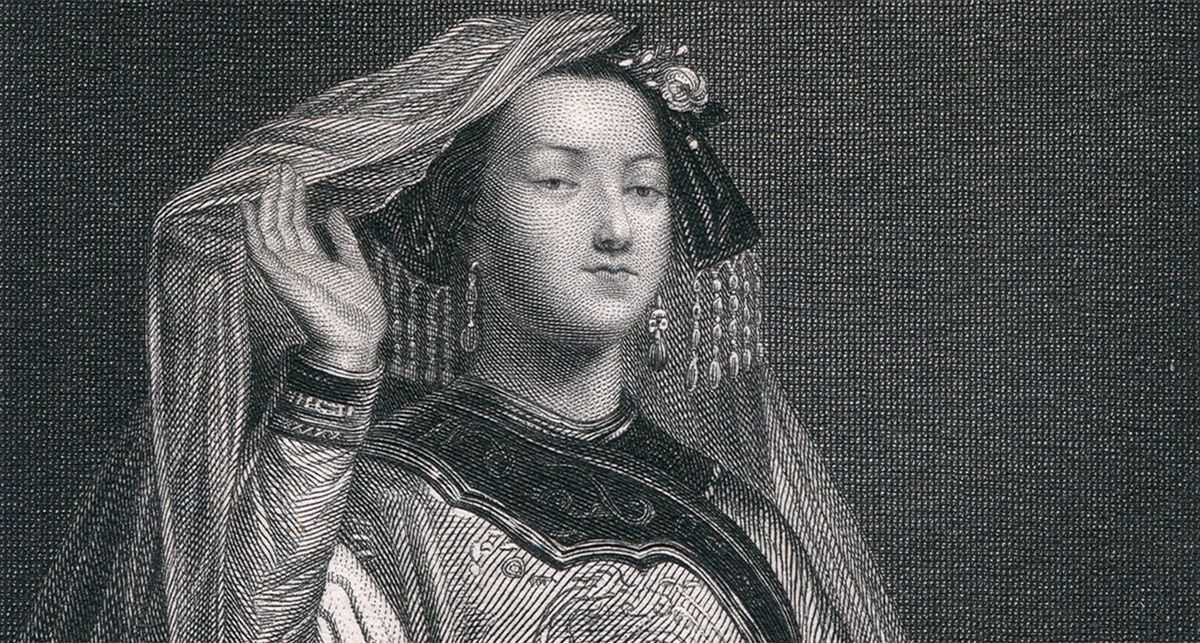
Comedy has been making people laugh for centuries. But what makes something funny? Humor can be tricky to pin down, but it often involves surprise, timing, and a bit of truth. From ancient Greek plays to modern stand-up, comedy has evolved in fascinating ways. Did you know that the first recorded joke dates back to 1900 BC? Or that laughter can boost your immune system? Whether you're a fan of slapstick, satire, or dark humor, there's something for everyone. Ready to learn more? Here are 37 facts about comedy that will tickle your funny bone and maybe even make you see humor in a new light.
Key Takeaways:
- Comedy has a rich history, from Ancient Greece to modern stand-up, shaping cultures worldwide. It brings joy, relieves stress, and sparks social change.
- Comedians like Charlie Chaplin and Lucille Ball have left a lasting impact, while modern trends like internet memes and podcast comedy continue to shape the future of humor.
The Origins of Comedy
Comedy has been making people laugh for centuries. Let's explore some fascinating facts about its beginnings.
- Ancient Greece: The roots of comedy trace back to Ancient Greece, where playwrights like Aristophanes created comedic plays that poked fun at politics and society.
- Satyr Plays: These were short, humorous performances that followed tragic plays in ancient Greek theater, providing comic relief.
- Roman Influence: Romans adapted Greek comedies, adding their own twists and slapstick humor, which influenced future comedic styles.
- Medieval Jesters: During the Middle Ages, jesters entertained royalty with jokes, songs, and physical comedy, becoming an essential part of court life.
Evolution of Comedy in Literature
Comedy evolved significantly in literature, shaping how humor is perceived today.
- Shakespearean Comedy: William Shakespeare's comedies, like "A Midsummer Night's Dream," blended romance, mistaken identities, and witty dialogue.
- Restoration Comedy: In the 17th century, this genre emerged in England, characterized by its satirical take on social manners and sexual politics.
- Picaresque Novels: These stories, featuring roguish protagonists, used humor to critique society and were popular in the 16th and 17th centuries.
- Victorian Humor: Authors like Charles Dickens incorporated humor into their works, often highlighting social issues through comedic characters.
Comedy in Film and Television
Film and television have brought comedy to the masses, creating iconic moments and characters.
- Silent Film Era: Early comedians like Charlie Chaplin and Buster Keaton used physical comedy and visual gags to entertain audiences without sound.
- Screwball Comedies: In the 1930s and 1940s, these films featured fast-paced dialogue, absurd situations, and strong female leads.
- Sitcoms: Situation comedies, or sitcoms, became a staple of television, with shows like "I Love Lucy" and "Friends" becoming cultural phenomena.
- Stand-Up Comedy: This form of comedy, where a comedian performs in front of a live audience, gained popularity in the 20th century with legends like Richard Pryor and George Carlin.
Comedy Around the World
Different cultures have their own unique comedic traditions and styles.
- British Humor: Known for its dry wit and sarcasm, British comedy includes classics like "Monty Python" and "Fawlty Towers."
- Japanese Manzai: This traditional form of stand-up comedy features a duo, with one playing the straight man and the other the funny man.
- Indian Bollywood: Bollywood films often include comedic elements, with actors like Johnny Lever and Govinda becoming famous for their humor.
- French Farce: French comedy often involves exaggerated characters and improbable situations, with playwrights like Molière leading the way.
Comedy in Music and Performance
Comedy isn't limited to literature and film; it also thrives in music and live performances.
- Musical Parody: Artists like "Weird Al" Yankovic create humorous versions of popular songs, often with clever wordplay.
- Vaudeville: This variety show format, popular in the early 20th century, included comedic acts, music, and dance.
- Improv Comedy: Improvisational comedy, where performers create scenes on the spot, has gained popularity with groups like The Second City and "Whose Line Is It Anyway?"
- Comedy Festivals: Events like the Edinburgh Festival Fringe and Just for Laughs in Montreal showcase comedians from around the world.
The Science of Laughter
Understanding why we laugh can shed light on the power of comedy.
- Laughter's Benefits: Laughing releases endorphins, reduces stress, and can even boost the immune system.
- Social Bonding: Laughter helps strengthen social bonds, making people feel closer and more connected.
- Psychological Relief: Comedy provides a way to cope with difficult situations, offering a sense of relief and perspective.
- Cognitive Processing: Humor often involves recognizing incongruities or unexpected outcomes, engaging the brain in complex processing.
Iconic Comedians and Their Impact
Some comedians have left an indelible mark on the world of comedy.
- Charlie Chaplin: Known for his character "The Tramp," Chaplin's physical comedy and expressive acting made him a silent film legend.
- Lucille Ball: Star of "I Love Lucy," Ball's comedic timing and physical humor set a new standard for television comedy.
- Robin Williams: Williams' rapid-fire improvisation and ability to switch between comedy and drama made him a beloved figure in entertainment.
- Eddie Murphy: From "Saturday Night Live" to blockbuster films, Murphy's versatile comedic talent has made him a household name.
Modern Comedy Trends
Comedy continues to evolve, reflecting changes in society and technology.
- Internet Memes: These humorous images and videos spread rapidly online, often reflecting current events and cultural trends.
- Podcast Comedy: Comedians use podcasts to reach audiences with long-form discussions, interviews, and sketches.
- Social Media: Platforms like Twitter and TikTok allow comedians to share short, funny content with a global audience.
- Dark Comedy: This genre tackles serious or taboo subjects with humor, offering a unique way to address difficult topics.
Comedy's Role in Social Commentary
Comedy often serves as a tool for social critique and change.
- Satire: Shows like "The Daily Show" use humor to comment on politics and current events, encouraging viewers to think critically.
- Parody: Parody mimics and exaggerates existing works, often highlighting their flaws or absurdities.
- Stand-Up Activism: Comedians like Hannah Gadsby use their platform to address social issues, blending humor with powerful messages.
- Comedy in Protest: Humor has been used in protests and movements to draw attention to causes and challenge authority.
The Future of Comedy
As technology and society continue to change, comedy will undoubtedly adapt and thrive.
- Virtual Comedy Shows: With the rise of virtual events, comedians can perform for audiences around the world without leaving their homes.
The Punchline
Comedy's rich history and surprising facts make it a fascinating topic. From ancient Greek plays to modern stand-up, humor has always been a vital part of human culture. Did you know that laughter can boost your immune system? Or that the first sitcom aired in 1947? These tidbits show comedy's impact on our lives.
Whether it's the clever wordplay of puns or the physical antics of slapstick, comedy brings joy and connection. It’s amazing how a simple joke can break the ice or lighten a heavy mood. So next time you laugh at a funny movie or a friend's joke, remember you're part of a long tradition. Comedy isn't just about laughs; it's about bringing people together and making life a bit brighter. Keep laughing, and keep sharing those jokes!
Frequently Asked Questions
Was this page helpful?
Our commitment to delivering trustworthy and engaging content is at the heart of what we do. Each fact on our site is contributed by real users like you, bringing a wealth of diverse insights and information. To ensure the highest standards of accuracy and reliability, our dedicated editors meticulously review each submission. This process guarantees that the facts we share are not only fascinating but also credible. Trust in our commitment to quality and authenticity as you explore and learn with us.


